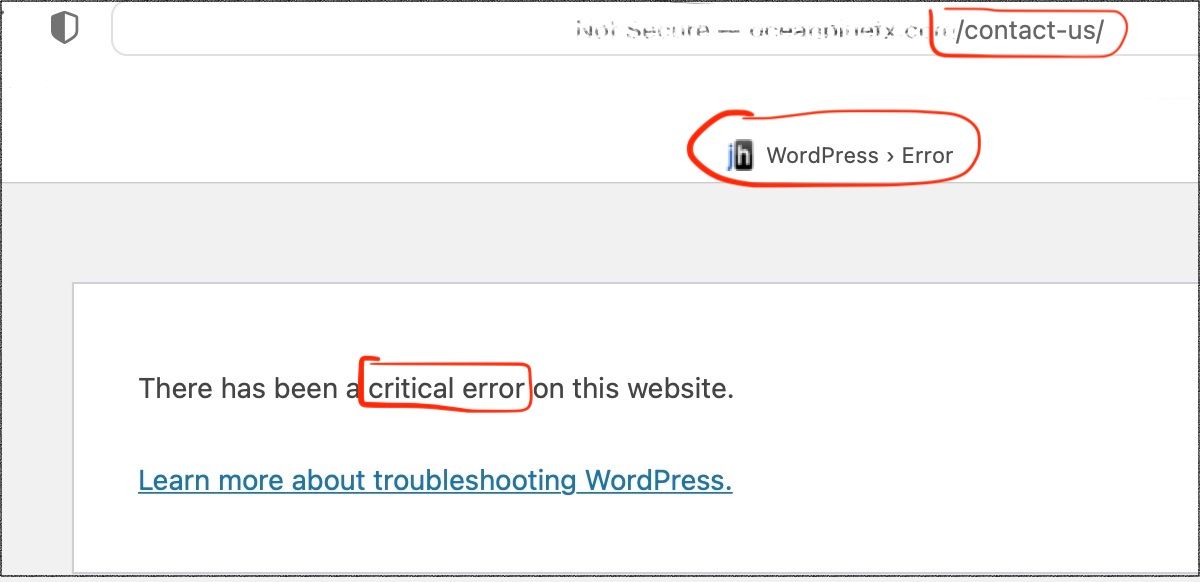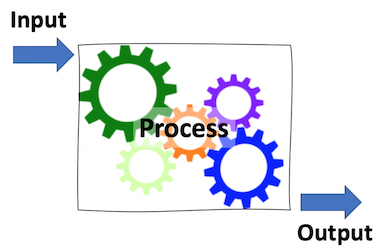Introduction
Does the product or service you sell:
- Work?
- Do what it is advertised to do?
- Work all the time?
- Work at the beginning and then fail or deteriorate over time?
Running a business is not easy, but it becomes much harder if basic tasks are not performed. In my experience, most small businesses are very inconsistent in these areas. These include:
- The product or service you provide is difficult to buy or use
- The product or service you provide does not work, or work as advertised
- Service delivery is inconsistent; sometimes great, sometimes poor
If the product or service you provide is difficult to buy and use, or there are chronic quality or delivery issues, then you are losing sales and encouraging customers to tell prospects to avoid your company.
Some examples
- Website contact-us form does not work
- Published telephone numbers and email addresses are incorrect
- Requests are not responded to, or responded to in a timely fashion
- The product sold is defective (e.g., broken, damaged, incorrectly assembled, damaged in shipping, or fails soon after use)

This is the contact page of our the company that remodeled our backyard. Luckily for them I had their email address and cell number when I made my first contact. Anyone using the website would probably give up and use someone else. Given the amount of money each contract is worth, losing one customer would be very painful.
Here is a recent purchase of a coffee filter I tried to use for travel.

It is completely non-functional since the cone pops out of the base pouring coffee everywhere. If the device had been tested one time before being sold, the company would have known it was totally worthless. Ok, so they probably did know, but did not care. Luckily, Amazon handles returns really well. Total revenue from Neil, $0.00. Congratulations Mermoo!
If an issue arises and you address it promptly, then the customer will remember the fix, not the issue. However, if the problem is not addressed, the customer will remember the issue and tell others about the bad experience.
Common reasons that basic tasks are not performed
Being a great company from a customer perspective is not difficult, but some people will not do the basics. Reasons include:

- Insufficient staff skills: It is assumed that new employees will perform tasks correctly without training.
- Scared: Company employees do not address customer problems because they want to avoid all confrontation at all costs. The company knows it has problems, but employees don't want to feel worse by asking about the details, so they don't.
- Easily distracted – the preference is to work on the fun stuff: Many business owners enjoy one aspect of the business (e.g., product development or service delivery), and avoid everything else (marketing, sales, cash flow, and service follow-up). These tasks routinely get ignored slowly killing the company.
- Arrogant: The company owners assume that it is not their job to explain low-level information to customers, such as, how to make a purchase or how a product works. Customers are expected to admire the intellect of the company and figure things out.
- Rationalize: The company staff rationalizes that every other company has issues, and that the company is doing no worse than anyone else, so there is no need to improve.
Product and service tasks that should be routine

Here are some of the tasks related to product and service quality that should be routine:
Respond to all requests
Respond to all requests within 24 hours. Not responding to requests is a certain business killer. You might find that 24 hours sounds unreasonable. You can take longer, but just be aware that a competitor might respond earlier and take the business.
Test your product and service
If you are selling a product, check that it works before delivery. If you are installing a product, check it after installation. If you are providing a service, check that is serving the need. Don't guess or assume it works. Check that it works before the customer tells you it doesn't.
For example, I recently received an email from a hotel in Scotland asking me to download their app and get my room key. This was the "enhanced customer experience," they assumed I would enjoy.
After downloading the app and trying numerous times to log in, I gave up and emailed the hotel. Their response, "We have had a few issues with the app which we are working on. Sorry for the inconvenience. If it is okay, you may make your way to reception to check-in and be issued with a physical key card for the duration of your stay."
Maybe they could have not sent the original email asking me to use the app if they had never tested it, or knew for sure it did not work. Delivering mediocre products and services damages your reputation and causes you more rework and cost later.
Random Sampling
If the product or service you are providing is created or purchased in high volumes, then check a random sample every month.

Frequent feedback
If you are building something that will take several weeks or months to complete, add in a demonstration to the customer every two weeks of prototypes, or the parts that are functioning. The demonstrations are a reality check to verify that you are on the right path and frequent opportunities to elicit early feedback.

Have someone independently look for mistakes before delivery
As the creator of a product or service, you are probably too close to see mistakes. Have a colleague, friend or willing guinea-pig-customer try it out and provide feedback.
Summary
- Test everything you deliver before it is delivered.
- Check that the customer received everything they asked for. Tell them what you have finished, items outstanding, and issues you are working on.
- Address all issues and reply within 24 hours to acknowledge the issue and provide a resolution or resolution date.
- Don't run away after the sale and avoid the customer because you don't want to deal with problems, or you are scared of what they might say.
Feel free to email with questions to neilpotter@icloud.com


